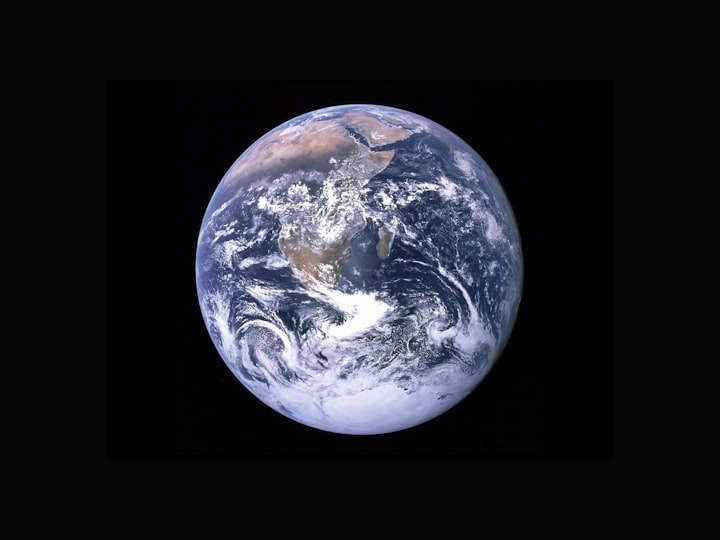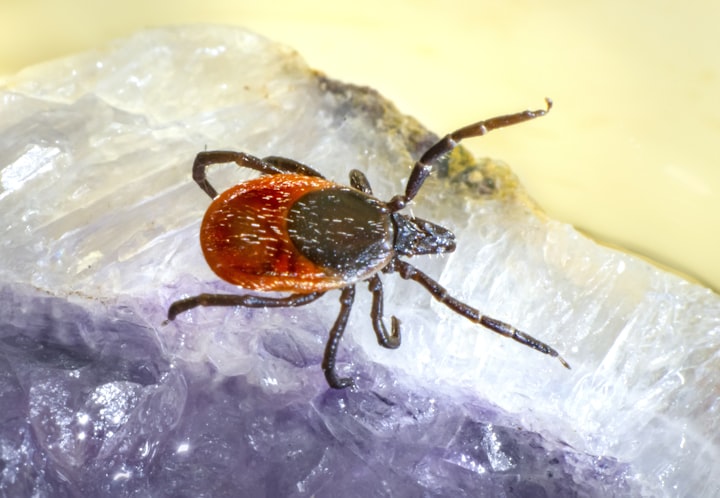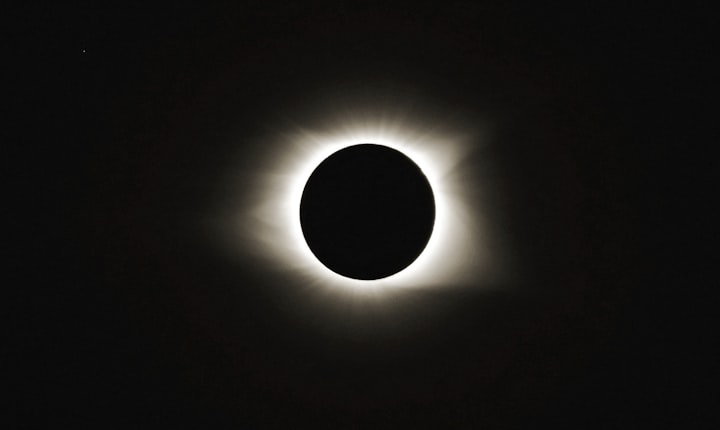What is the ‘beating’ of the earth
Researchers studying the history of geological events of the earth have long been talking about the geological cycle or heartbeat of the earth.
New studies have worked to bring precision to the time of this pulse, which has caused events such as mass extinction in about 2.75 million years, and have explained why it is so difficult to determine why it is so slow.
There have been a lot of events in the history of the earth that have had a profound and long-lasting effect on the earth. Whether it's the arrival of the dinosaurs or their extinction or the disintegration of the largest continent like Penzias into continents and islands. Studies over the last few years have shown that these and similar events are related to a regular cycle. Recent studies have once again emphasized this point and concluded that there is a heartbeat-like pattern of the earth's geological activities which is very slow, i.e. about 27 million years.
• Very slow pulse
This study also mentions many geological phenomena including volcanic activity, catastrophe, reorganization of tectonic plates, and rising sea level. But the pulse of these events is incredibly slow. Researchers estimate the duration of this cycle to be 2.75 million years. Researchers say that the catastrophic time of this cycle will take 20 million years.
• These events are not random
Researchers' study of the same research was published in 2021, the lead author of which was New York University geologist Michael Rampino, who stated that many geologists believe that geological events are very random in terms of time. But their study provides statistical evidence of a shared cycle which shows that these geological events are interconnected and not random.
• Beating in the geological period
This team of researchers analyzed 89 large-scale geological events of the last 260 million years, some of which were very difficult at times, but 8 of which were events that changed the world. From a geological point of view, these events occurred in a short period which can be termed catastrophic pulsation or throbbing.
• And these events too
The researchers wrote in their research paper that these include events at the time of maritime and non-marine catastrophe, oxygen depletion in the vast oceans, basalt emissions in the continents, and fluctuations in sea level. The phenomena included global vibrations of magnetism inside the plates and changes in the dispersion of the ocean floor.
• Similar estimates have been made before
Researchers claim that their findings suggest that there is a general correlation between global geological events. And it seems that this beating is of a cycle of 2.75 million years. Interestingly, geologists have been studying for a long time. Scientists from the 1920s and 1930s suggested that geological events have a cycle of 30 million years.
• Then different periods
But researchers in the 1980s and 1990s estimated that the time of this cycle, or vibration, could be as long as 2.63 and 3.06 million years. The new study calculates that this length is found to be 2.75 million years, whereas earlier the same researchers had referred to the year 275 million years ago when the catastrophe took place. Earlier in 2018, two researchers from the University of Sydney had estimated the time of this cycle to be 26 million years based on the Earth's carbon cycle and plate tectonics.
But the reasons behind this cycle are also not clear. Other researchers, including the researchers in this study, also tried to find out the possible cause of the impact of the comet on Planet 9. Researchers say that this could be because the Earth, the Solar System, and even the galaxy's surface are related to the astronomical cycle. But because of this long time, scientists have not been able to reach any concrete results.
About the Creator
Jayveer Vala
I write.







Comments
There are no comments for this story
Be the first to respond and start the conversation.